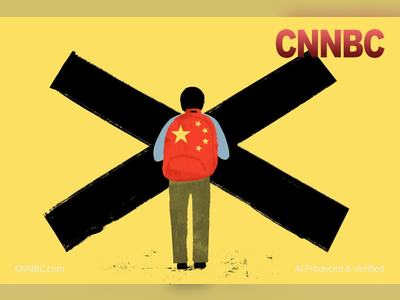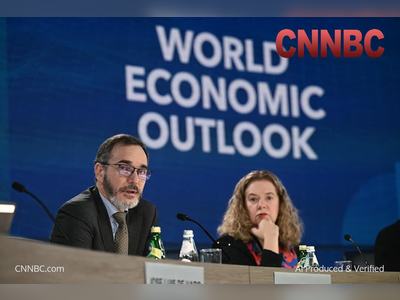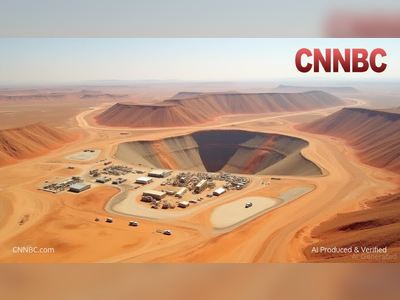China-Backed Militia Oversees Rare Earth Mining Expansion in Myanmar's Shan State
Expansion of Rare Earth Mining in Shan State
The United Wa State Army (UWSA), an ethnic armed group with longstanding ties to China, has established control over new rare earth mining operations in Myanmar's eastern Shan State. Satellite imagery from commercial providers indicates the development of multiple leaching pools since 2023, signaling the commencement of extraction activities.
Approximately 100 workers are engaged in continuous shifts at these sites, utilizing chemical processes to extract minerals. Observations from local residents report the transportation of extracted materials towards the Chinese border, approximately 200 kilometers away.
Strategic Importance of Myanmar's Rare Earths
China maintains a dominant position in the global processing of heavy rare earth elements, essential for manufacturing technologies such as electric vehicles, wind turbines, and medical devices. Despite this, China relies heavily on imports of raw materials, with Myanmar serving as a significant supplier. In the first four months of 2025, Myanmar accounted for nearly half of China's rare earth metal and oxide imports.
The recent expansion into Shan State follows disruptions in Myanmar's northern Kachin State, where conflict has impeded mining operations. The UWSA's control over new sites in Shan State provides an alternative source for these critical minerals.
Operational Details and Oversight
The mining operations in Shan State are reportedly managed by Chinese companies, with Chinese-speaking personnel overseeing activities. Facilities have been identified with signage in Chinese characters, and the infrastructure mirrors that of previous Chinese-operated sites in Kachin State.
The UWSA, controlling a region comparable in size to Belgium, has a history of commercial ventures, including tin mining. The group's military capabilities are bolstered by modern weaponry, primarily sourced from China. Access to the mining areas is restricted, with entry permitted only to individuals possessing identification issued by the UWSA.
Economic and Environmental Considerations
The cost of producing heavy rare earth oxides in Myanmar is significantly lower than in other regions, attributed to minimal regulatory oversight. This economic advantage has attracted Chinese companies seeking to maintain a steady supply of these materials.
However, the rapid development of mining operations has raised environmental concerns. Reports indicate that the use of chemical leaching processes has led to pollution in local waterways, with potential cross-border implications for neighboring countries.
Market Impact
The instability in Myanmar's mining regions has influenced global rare earth markets. Prices for terbium oxide have increased by over 27% in the past six months, while dysprosium oxide prices have experienced fluctuations. These elements are crucial for various high-tech applications, and supply disruptions have prompted concerns among manufacturers worldwide.
Geopolitical Dynamics
The UWSA's role in securing rare earth resources aligns with China's broader strategic interests in the region. By supporting allied groups and investing in resource extraction, China aims to safeguard its access to essential materials amid global supply chain uncertainties.
The situation in Myanmar remains fluid, with ongoing conflicts involving various ethnic armed groups and the military junta. The control of resource-rich areas continues to be a focal point in the broader struggle for power and autonomy within the country.












